Product pictures
| Amount Per 1 cup | |||
| Calories | 320 Kcal (1340 kJ) | ||
| Calories from fat | 108 Kcal | ||
| % Daily Value* | |||
| Total Fat | 12g | 18% | |
|---|---|---|---|
| Saturated Fat | 2g | 10% | |
| Cholesterol | 55mg | 18% | |
| Sodium | 650mg | 27% | |
| Total Carbs | 35g | 12% | |
| Sugars | 6g | 24% | |
| Dietary Fiber | 3g | 12% | |
| Protein | 17g | 34% | |
| Vitamin C | 4.5mg | 8% | |
| Vitamin A | 0.2mg | 8% | |
| Iron | 2.3mg | 13% | |
| Calcium | 300mg | 30% | |
* Percent Daily Values are based on a 2000 calorie diet. Your daily values may be higher or lower depending on your calorie needs.
Find out how many calories should you eat.
Ingredients And Nutrition Overview
Best
choice Good
choice Poor
choice Avoid
it!
choice Good
choice Poor
choice Avoid
it!
-
WeightWatchers Points: 6.8, PointsPlus: 8, SmartPoints: 9
WeightWatchers Points are estimated by carbohydrates, fats, protein and fiber in product. They are not an affirmation of better quality or nutritional value of the product or its manufacturer. Only way to count for dieters. Less points are better.
Read more at Weight watchers diet review -
Keep an eye on the cholesterol.
Today cholesterol is no longer a villain. The 2010's USDA guidelines told us to limit cholesterol from foods
Now experts say cholesterol is "not a nutrient of concern" because cholesterol from foods doesn't cause higher blood cholesterol levels.
Nevertheless try to consume no more than 300 milligrams daily.
This product contains more than 18% of your daily cholesterol intake.
If you still are on a low cholesterol diet, please keep in mind:
- nutritionists are not recommending you go out and binge on cheeseburgers and fries.
- 10% of your daily allowance can quickly become 50% when a hamburger turns into double cheeseburger.
-
Want to lower the cholesterol intake? Here are some advices:
- Try to limit your cheese, dairy and meat intake to one item per meal.
- Avoid meals with multiple sources of cholesterol (chicken with cheese, junk food)
- Try to indclude in your diet low- or nonfat dairy, seafood, legumes and nuts.
- Choose water instead of milk for your coffee.
-
Salty! Has over 27% of the daily sodium max
The average American consumes 5,000 mg of sodium daily — twice the recommended amount amount of 2400mg for healthy adults, this is 1 teaspoon of salt.
For medical reasons many people should not exceed 1500mg of sodium.
Surprisingly, you're responsible for only 15% of the sodium in your diet the bigger part - 75% of the sodium that you consume each day comes from processed foods, not home cooking or the salt shaker.
Excess sodium intake increases the risk of high blood pressure, hypernatremia, hypertension, cardiovascular disease and other heart problems.
Are these reasons enough to cut the sodium intake? No doubt! -
Convert Salt tsps to Sodium mg easily
Salt (NaCl) is not excactly sodium (Na).
It is not right to use these terms as synonyms.
The FDA recommended limit of sodium is 2,300 mg per day (or even less - about 1500 mg while one is on low sodium diets).
This is much less than the weight of salt.
(5,750 mg per day or 3,750 mg for low sodium diet) and not so convenient to calculate.
Know how much sodium is in your salt - without a calculator:
1/4 tsp salt = 600 mg sodium
1/2 tsp salt = 1200 mg sodium
3/4 tsp salt = 1800 mg sodium
1 tsp salt = 2300 mg sodium -
2 tsp of sugars per serving
This volume includes both naturally occurring from ingredients and specially added sugars.
USDA tells us that last years each American consumed an average 130 pounds of caloric sweeteners per year!
That works out to 30 tsp of sugars per day approximately 480 extra calories!
Just to think: Eating just 200 more calories daily than your body requires for body functioning and exercise leads to a 20-pound weight gain in a year. -
Great source of fiber! More than 12% daily!
Eat more fiber. You've heard it many times. But why it is so good for your health?
Dietary fiber is best known for its ability to make our digestion going right.
So want to prevent or relieve constipation - eat more fiber!
There are also other great health benefits as well, such as lowering your risk of diabetes, heart disease and cancer, and helping to maintain a healthy weight by helping to feel you full longer.
The best source of fiber are fruits, vegetables, whole grains and legumes and not processed foods with added fiber. -
Interested in getting more protein?
Protein is important, but some of the protein you find in this product isn't exactly natural.
The protein comes from one of the following sources:
- milk protein concentrate
- whey protein isolate
- soy protein isolate
and that it's not ideal to get protein only from processed goods.
If you're looking for more protein, try beans, quinoa, nuts, seeds, peas and spinach & leafy greens.
Not only do they have protein, they're filled with other vitamins and minerals. -
Contains milk protein concentrate
Milk Protein Concentrate (MPC) is a white to light-cream-colored dry powder.
It is a very cheap milk byproduct of skim milk through a series of processes that includes ultrafiltration,
evaporation and drying of the milk until it reaches a powder form.
Some more info:
- Most of the MPC's are imported as a dry powder from countries with lax food safety regulations (China for example).
- MPC's are added to processed food products to increase the amount of protein without increasing the carbs.
-
Learn about veggies and iron
Veggies such as broccoli, bok choy, spinach, parsley and most leafy greens are naturally high in iron.
However, compared to other high-iron foods, like red meat, fish and poultry, the iron in plant foods is not absorbed as easily by the body. What can you do to increase the absorption of iron from these plant foods?
- Vitamin C increases the absorption - so try having a fresh tomato, lemon juice, or an orange together with your high iron food
- Avoid drinking too much coffee - caffeine can decrease the absorption of iron
- In addition to caffeine, the tannins found in tea can also reduce iron absorption
- If you are a vegetarian, try having iron-fortified breakfast cereals, legumes, and eggs
-
Contains MSG-like ingredients
People feeling reaction to MSG may also react adversely to MSG-like substances.
Glutamates or chemically similar items are added to improve a product's taste.
Here is a short list of common MSG-like substances:
- Yeast extract
- Autolyzed yeast
- Hydrolyzed proteins
- Textured proteins
- Anything "enzyme modified"
Allergens
Wheat Allergy, Gluten Allergy, Milk Allergy, Lactose Allergy, Corn Allergy, Soy Allergy
6 cheese lasagna Ingredients
Pasta (Durum Semolina Flour [Enriched with Niacin, Iron, Thiamin Mononitrate, Riboflavin, Folic Acid], Water, Parsley), Ricotta Cheese (Whey, Milk, Bacterial Culture, Citric Acid, Salt), Diced Tomatoes in Juice (Tomatoes, Tomato Juice, Citric Acid, Calcium Chloride), Pasteurized Milk, Water, Crushed Tomatoes, Red Bell Peppers, Mozzarella Cheese (Pasteurized Part-Skim Milk, Whey and Milk Protein Concentrate, Bacterial Culture, Salt, Calcium Chloride, Microbial Enzyme), Monterey Jack Cheese (Pasteurized Milk, Bacterial Culture, Salt, Microbial Enzyme), Parmesan Cheese (Pasteurized Part-Skim Milk, Whey and Milk Protein Concentrate, Bacterial Culture, Salt, Rennet, Lipase, Calcium Chloride, Sorbic Acid), Onions, Romano Cheese (Milk, Bacterial Culture, Calcium Chloride, Lipase, Rennet, Salt), Asiago Cheese (Pasteurized Milk, Bacterial Culture, Microbial Enzymes, Salt), White Vinegar, Modified Corn Starch, Garlic, Sugar, Salt, Butter (Cream, Salt), Enriched Wheat Flour (Wheat Flour, Niacin, Reduced Iron, Thiamin Mononitrate, Riboflavin, Folic Acid), Chicken Base (Dextrose, Salt, Chicken Flavor [Yeast Extract, Dried Soy-Sauce {100% from Soy Bean}, Chicken Fat, Salt, Soybean Oil], Rendered Chicken Fat, Vegetable Shortening [Partially Hydrogenated Cottonseed and/or Soybean Oil], Potato Starch, Flavor, Sweet Whey, Disodium Inosinate, Disodium Guanylate, Oleoresin Celery, Oleoresin Turmeric), Olive Oil, Canola Oil, Oregano, Black Pepper, Xanthan Gum, Basil, Yeast Extract, White Pepper, Cayenne Pepper.
You Might Also Like
% RDI of Main Nutrition Facts
16%
of RDI* (320 calories) 236.6 g
-
Cal: 16 %
-
Fat: 18.5 %
-
Carb: 11.7 %
-
Prot: 34 %
-
0%25%75%RDI norm*
Calories Breakdown
- Carbs (44.3%)
- Fat (34.2%)
- Protein (21.5%)
Get Your Recipe of Health!
Follow RecipeOfHealth on Facebook!

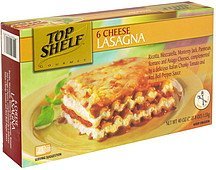
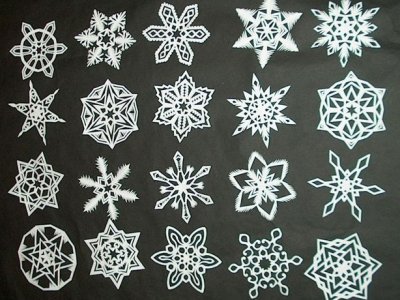
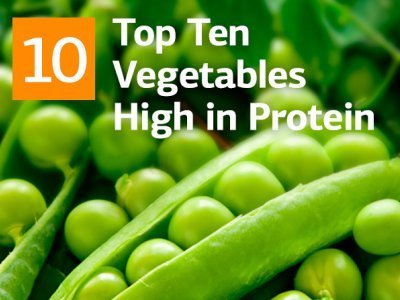

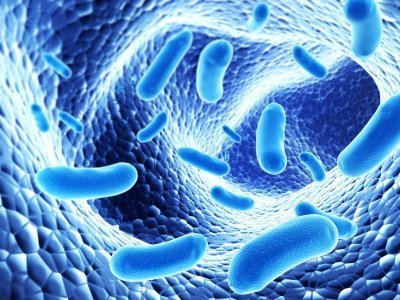


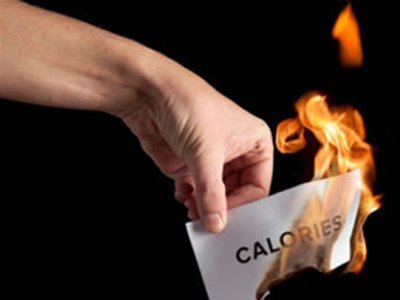
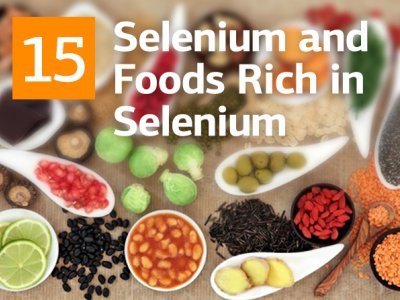
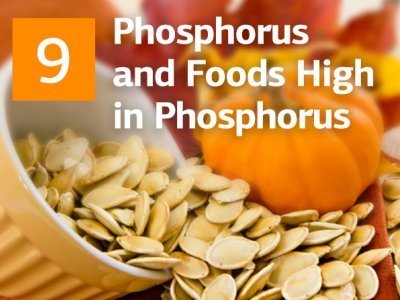
Add your comment